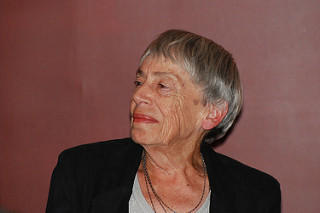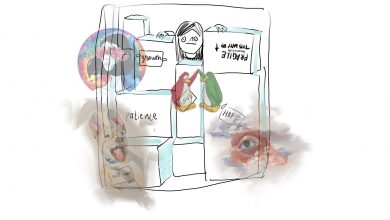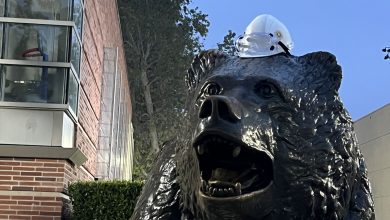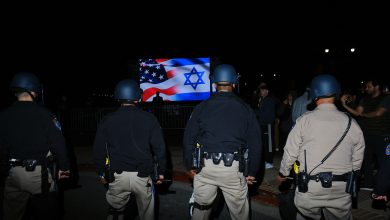A Conversation With Ursula K. Le Guin

Image: “Ursula K. Le Guin” Courtesy of Flickr/Creative Commons
On Sunday, November 15th, the Center for the Art of Performance at UCLA hosted a conversation with prominent writer and poet Ursula K. Le Guin on storytelling, moderated by CAP UCLA Director of Education and Special Initiatives Meryl Friedman.
Ms. Le Guin has written dozens of novels, short stories, poems, and essays, and has won four Hugo Awards, six Nebula Awards, nineteen Locus Awards, two Jupiter Awards, and many more. Though she admits she was slow to accept the feminist ideas that other writers were tackling in the early 1960s, she is now one of the most influential feminist writers in science fiction, often compared to the likes of Joanna Russ, Margaret Atwood, and Octavia Butler. Particularly groundbreaking was her 1969 novel The Left Hand of Darkness which challenged the way society saw gender and and gender roles by creating a world in which gender does not exist.
The conversation began with a reading of a page and a half from her 1986 essay “The Carrier Bag Theory of Fiction.” The essay was about the stories we tell and the voices we tell them in. The reading was followed by a discussion on the shape of narrative, what a story is, and her personal experiences of being a writer and a woman. She finished by reading four poems.
Ms. Le Guin’s comments were refreshingly unconventional. She denounced the idea of the shape of a narrative being like “an arrow or a spear,” and being centered on conflict. Though the story must have a trajectory, the “shape can be very complicated.” She also talked about her distaste for the idea of hunting, fighting, killing, and winning being what it means to be human.
Though I was unable to get an interview with Ms. Le Guin, I was able to send her some questions:
1). What do you think of the trend of female-driven young adult dystopian fiction, such as The Hunger Games and Divergent? Do you think the influx of strong, empowering, independent young female characters is worth the risk of pigeonholing the “strong female character” into a stereotype?
Your question hits a live nerve in me. The kick-ass, intrepid female hero, always young, usually sexually active, often quite ruthless — oh, here she is again…. And again, and again…. In books by women, in books by men. Same old, same old. Are jocks the only heroes we have? Can’t heroes ever grow up?
2). In your 2013 Paris Review interview, you said that your feminist breakthrough was unconscious. When did feminism for you become conscious and how did it change the way you wrote, if at all? I was always fascinated by your character Tenar, as she was one of your first female protagonists, and her growth between The Tombs of Atuan and Tehanu, a difference of 19 years. How did your own acceptance of feminist ideas impact how she changed, if at all?
It was a long process of learning and re-visioning, starting in the late sixties. If I hadn’t gone through it I probably would have stopped writing. The change it made is easily visible, as you point out, in the difference of point of view between the first half of Earthsea and the last. The first three books are in “a man’s world,” seen from a position of dominance; the second three are the world seen by those who don’t, or don’t pretend, to control it.
3). What is your opinion on fantasy and science fiction as a vehicle for political or social change?
I think it’s the best form of fiction going for offering alternative views, ideas for how to live differently.
And here’s a complaint: sf [science fiction] films. Since Star Trek gave way to Star Wars, it’s all Empires, always in war mode. No moral or social solutions to problems, only technofixes or violence. In The World for World is Forest, I showed a peaceful alternate world being poisoned by human violence, and resisting the poison. The film Avatar used a similar world to show peaceful aliens saved only by human violence. Man the Conqueror. Bah!



